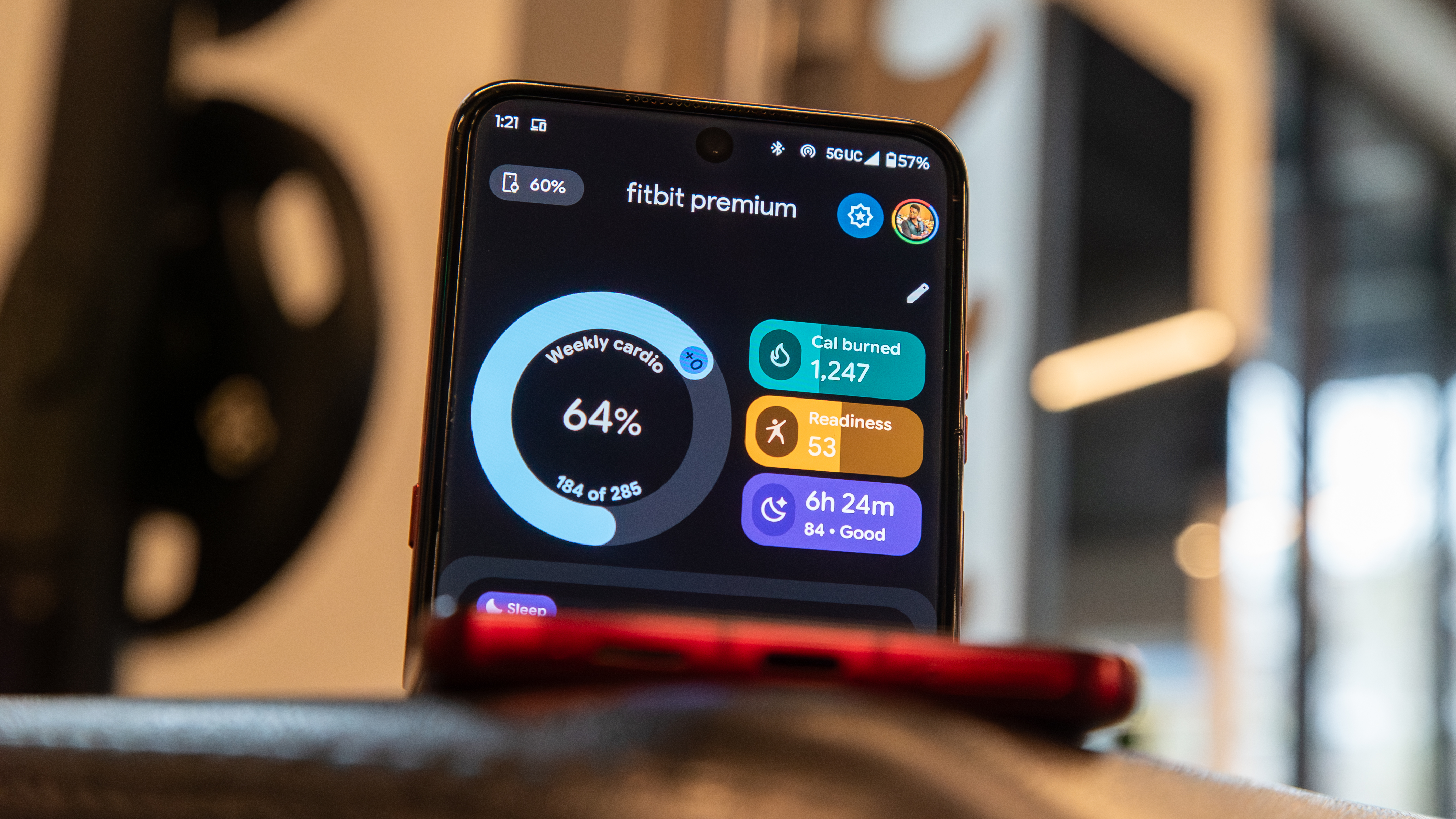Gravilux [Android App Review]

YouTube link for mobile viewing
One of my favorite parts of this app reviewing gig is coming across really obscure apps that can't fit into a specific genre. To me, Gravilux is just that. Its developers describe it as a "combination of painting, animation, art, science, and gaming," which is as confusing and uninformative as it sounds. Fortunately, it gives me license to create a new word in its honor, and I've settled on gamelication. (Appligametion just doesn't have the same ring to it).
Now that we've established Gravilux is an unwinnable game of beauty and finesse, what is it exactly you do? Simply put, you touch the screen. When you touch the screen, that incredible grid of dots begins to rapidly gravitate toward all of the inputs on your screen, creating a swirling mess of anarchy and motion. It's awesome.
One of the coolest parts of Gravilux is that it analyzes whatever hardware it's running on before it loads up a grid, so it knows exactly how many dots should be on screen for the best experience. By default, colors are set to black and white, but with a simple hop into the settings menu, you're able to pick up to three colors or randomize the whole bit.
The trade-off here is your performance; what once ran smoothly now might be choppy and laggy. The solution is another simple hop into the settings menu, and then change your grid density. With a couple thousand less points bouncing about on screen (using beautiful real-time physics), things will speed right back up to where they were before.
You can also toy with settings like gravity strength and turn on antigravity from said settings menu, and most importantly, you can change how the dots react to your touch. Normally, they'll be attracted to your input, but if you so desire, you can set them to be repelled.
The result is a lot of negative space on the screen and dots being pushed up against the edges of the screen, bouncing around and struggling against your fingery might. It's not quite as stimulating as the swirling mass, but it's still impressive to see.
Get the latest news from Android Central, your trusted companion in the world of Android
My one major complaint with Gravilux is that it's completely devoid of sound. (I made my own sound effects in the video.) For something so visually creative and dynamic, a nice, Osmos HD-esque soundtrack would have really pushed Gravilux over the top. Still, even without it, it's a gamelication that everyone should try at least once (and if you're up for it, again and again).
Gravilux is $1.99 in the Google Play Store. We've got download links after the break.

